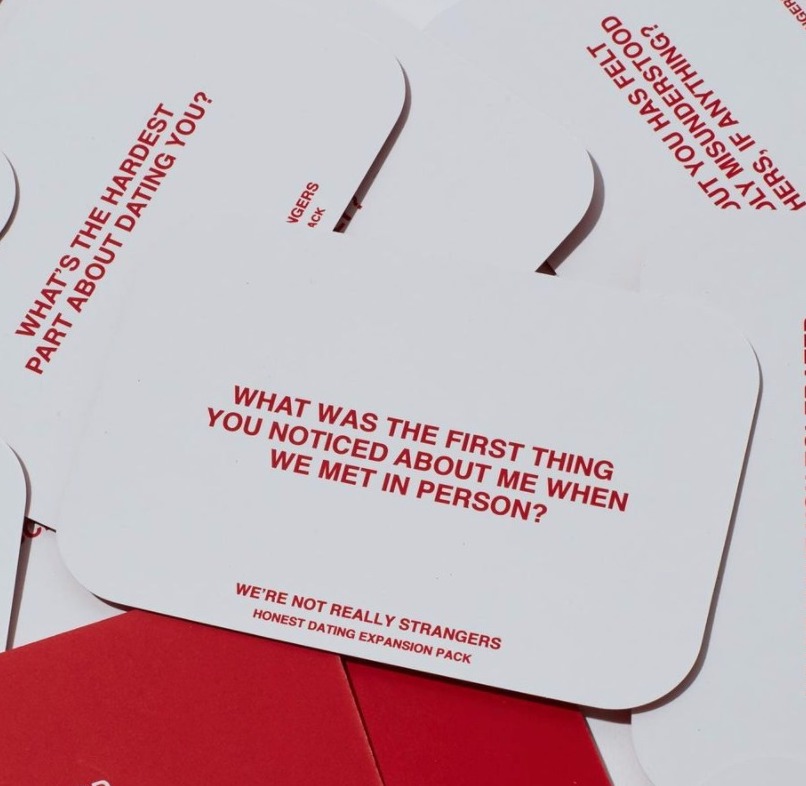Even in the best of times, dating can be a complex (and complicated) dance to learn. Throw a life-upending global pandemic into the mix, along with strict safe distancing mandates and skyrocketing stress levels, and you’d think looking for love would be the last thing on our minds. Well, think again. Because it turns out ’rona isn’t the only thing in the air – so is romance.
The data on dating
Indeed, many dating sites and apps – probably the only pandemic-proof means of courtship – have witnessed a surge in new users since the onset of COVID-19 and the ensuing implementation of lockdown measures. The Match Group, which owns dozens of popular apps like Tinder, Hinge, and OkCupid, reported an 11% gain in average subscribers year-over-year while Bumble registered a 70% spike in video calls between March and May of 2020, and The Inner Circle saw a 116% uptick in messaging over that same period.
Closer to home, local company Paktor experienced a 10% increase in subscribers last year, with users in Singapore spending nearly 10 times longer on the app as compared to pre-COVID times.
All that to say, despite the odds and obvious hurdles, romance is still alive and kicking.
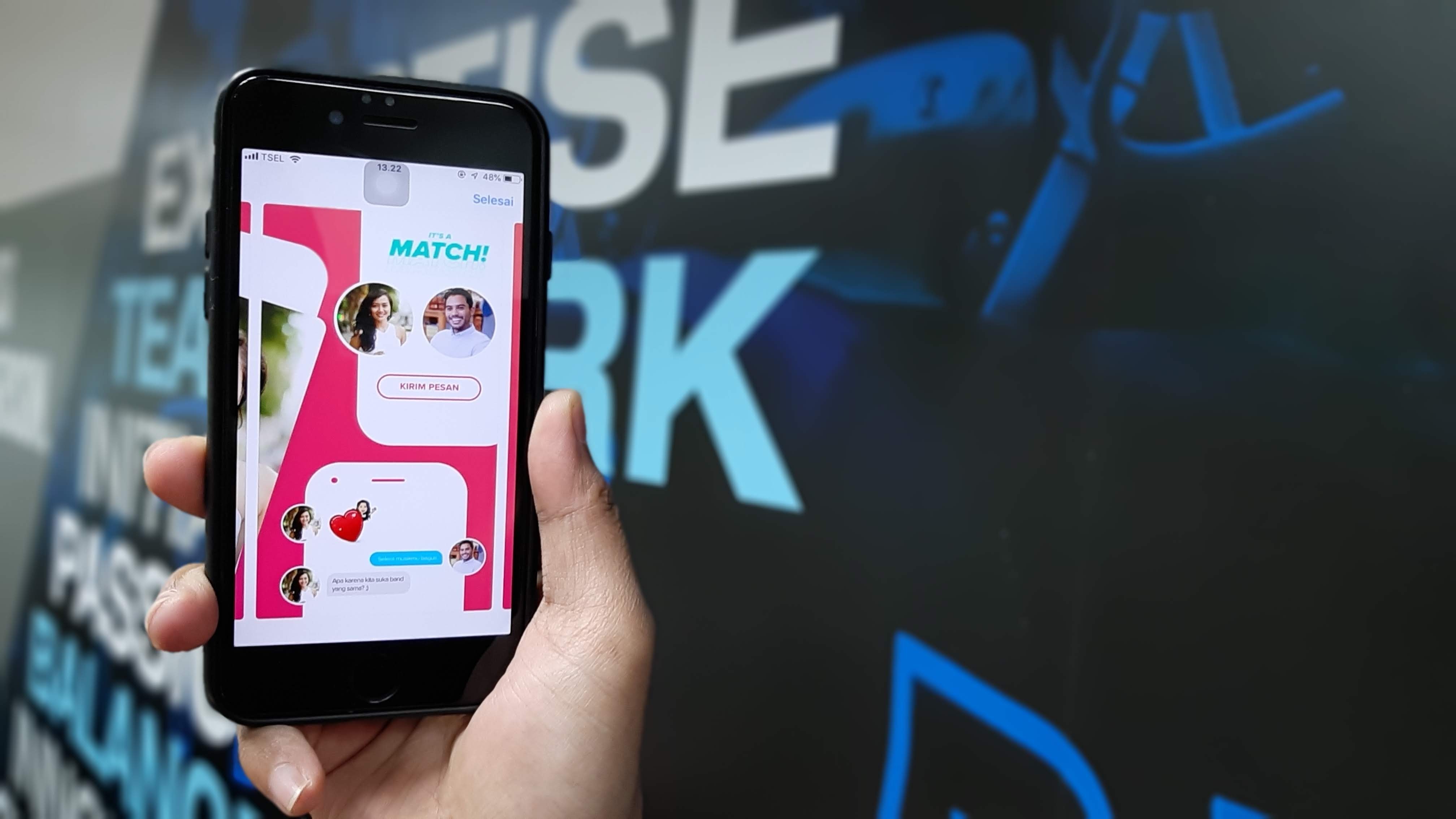
The importance of social connection
We are, after all, inherently social beings, hardwired to interact and connect with others. Research has shown that the social support of family and friends (and of course, significant others) is key to our health, happiness, and overall wellbeing, which has made the disruption of social activities on account of COVID-19 that much more keenly felt.
Inundated by waves of loneliness, anxiety, and uncertainty in the wake of a still-raging pandemic, it’s perhaps only natural that we should seek out the comfort of company and the metaphorical safe harbour of a stable relationship through which we might just manage to weather the storm.
The pandemic positives
What’s more, according to Dr. Helen Fisher, a renowned biological anthropologist and chief scientific advisor to Match.com, the pandemic is “changing the courtship process in some positive ways”, not least because it is “forc[ing] singles to return to [a] more traditional [form of] wooing: getting to know someone before the kissing starts”, thereby helping them to “select a truly appropriate mate”.
In consonance with Dr. Fisher’s statement, Bumble and OkCupid recently released their predictions on the dating trends that are set to define the year ahead, and, as opposed to 2020’s questionable “fleabagging”, “retroshading” and “glamboozling” practices (among others), it looks like 2021 is finally heading in a more positive direction, at least on the dating front.
So, whether you’re happily self-partnered, getting back into the game, thinking of taking the plunge or otherwise, here are the dating trends to keep on your radar in the year ahead.
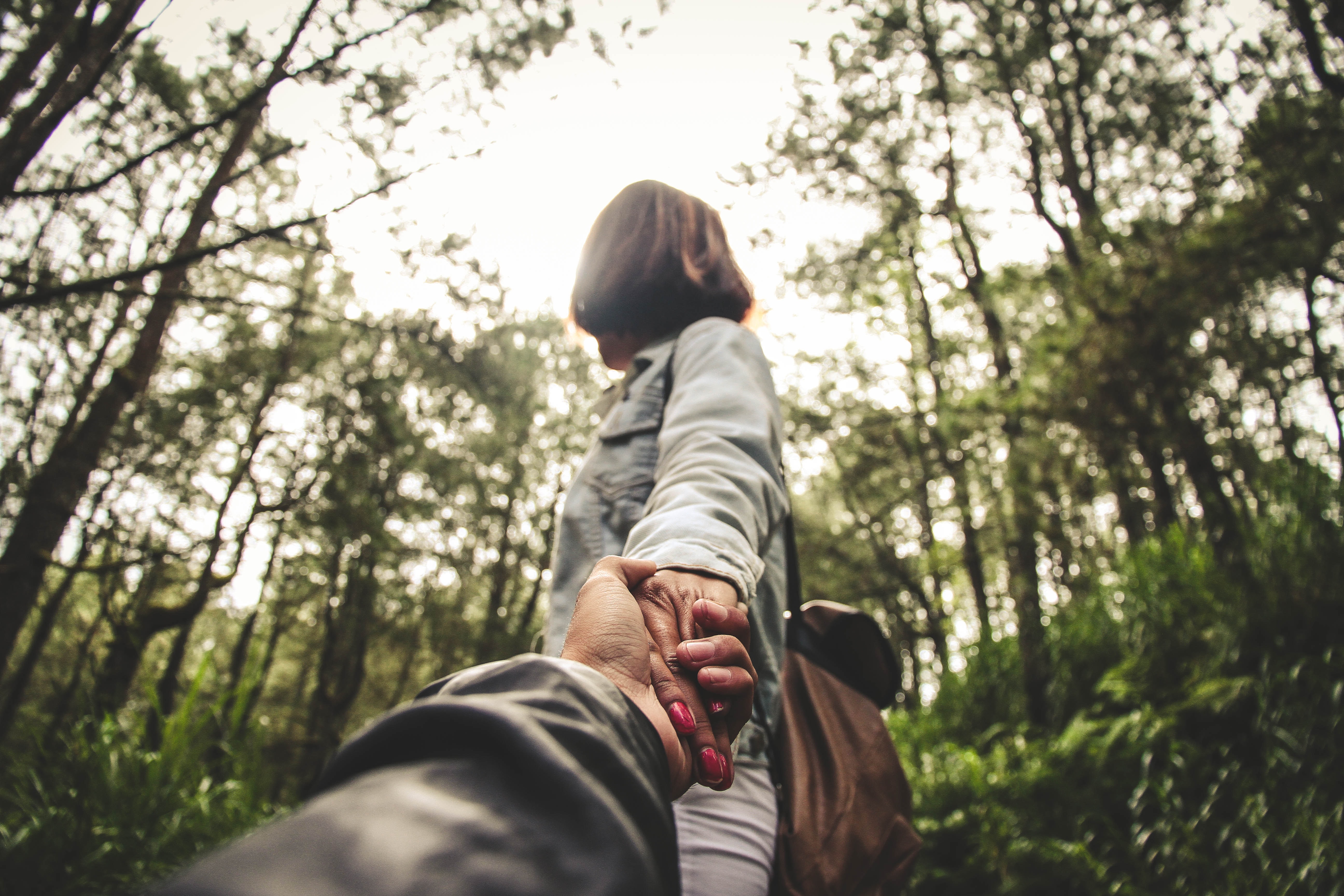
Advodating
From the Black Lives Matter demonstrations to the ongoing pro-democracy protests in Hong Kong and Thailand to the watershed elections in Singapore, America and beyond, 2020 was undoubtedly a year of significant political and social unrest, with ramifications that have spilled over into the new year and, in turn, into the realm of romance.
Drawing on current data from the millions of answers to its matching questions, OkCupid found that some 41% of millennial women and 48% of Gen Z women identify as activists, giving rise to what is now known as “advodating”, where people meet and bond with their partners through a shared passion for advocacy on social and political issues – it seems birds of a feather really do flock together!
Slow dating
“Slow dating” does exactly what it says on the tin: taking the time to get to know the other person and to build a deeper connection with each other before deciding if you want to move things forward, instead of jumping headlong into a relationship (or a hook-up, depending on your preference).
Thanks to quarantines and contact restrictions, people are not only less likely to rush into meeting up IRL, they’ve also had more time to think critically about what they’re looking for in a relationship. A staggering 84% of OkCupid users think it’s important to establish an emotional connection before a physical one while 55% of Bumble daters are now taking longer to move a match offline, an approach that will surely continue to gather steam in the coming months.
Hardballing
Among the many lessons we’ve (hopefully) grasped in the extraordinary year that was 2020, it’s that we don’t have the time or the energy to mess around anymore. Enter the “hardballing” trend, which is all about knowing what you want, going for what you want, and not settling for anything or anyone less than what you want. After those long, lonely months spent under lockdown, Bumble found that 46% of its users are now seeking something more serious, while 38% are feeling more confident about saying what (and who) is or isn’t right for them in their dating lives. You know what they say, honesty is the best policy!
Astrolove
“Hey baby, what’s your sign?” That used to be the kind of cheesy, cringeworthy pickup line that would land you in the no-go zone. Not anymore, though, because it appears romance could actually be written in the stars. It’s called, rather aptly, “astrolove”. Or simply put, when people determine their dating compatibility via their zodiac and/or star signs.
According to several dating apps, the use of astrology in navigating relationships is on a rapid rise. Research by Plenty of Fish shows that 37% of its users would take dating advice from their horoscopes over that of their friends and family, and 22% would cancel a date if they discovered that their star signs were incompatible. Bumble, meanwhile, noted that users who added the zodiac badge to their profiles enjoyed a 53% jump in their chances of matching.
Fun fact: it seems the stars are aligned for Leos, as they’ve gotten the most matches out of all the signs in the past year.
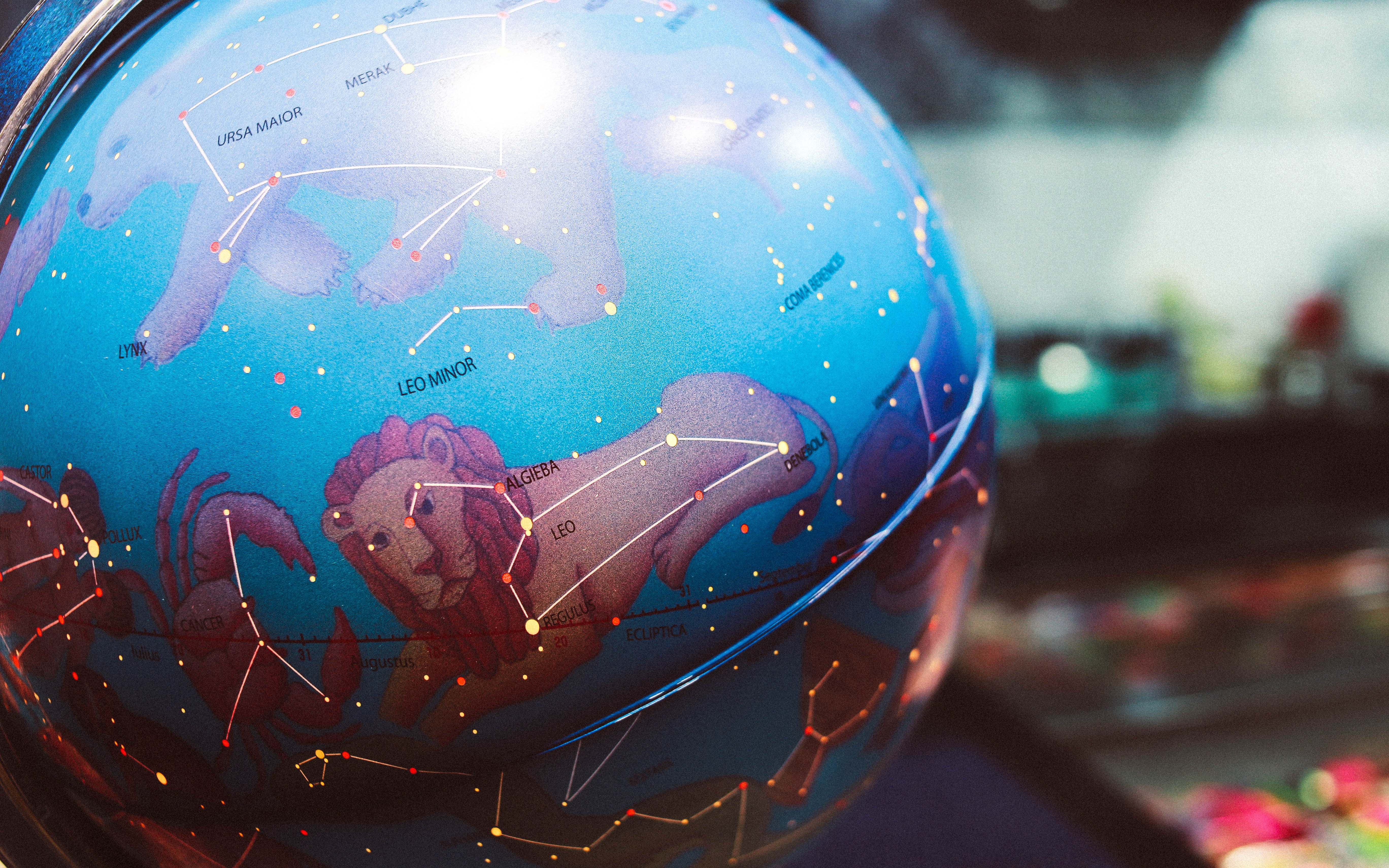
Thunberging
In the same vein as the aforementioned “advodating” trend, “thunberging” (as coined by OkCupid in homage to Greta Thunberg) refers to the prevailing phenomenon in which a “passion for the planet is becoming a steamy subject and a topic to bond over” in online dating. OkCupid reports that roughly 85% of both millennial and Gen Z subscribers are concerned about the environmental crisis, with mentions of “climate change” increasing by 240% in user profiles over the last two years. Who would’ve thought that eco-anxiety could play a part in matchmaking?
Wilder-dating
Urged to #stayhome so as to help flatten the curve, we all spent far too much time staring at the same four walls day in and day out. It shouldn’t come as a surprise, then, that more and more people are turning to outdoor adventures as the way to (re)kindle the romance. Dubbed “wilder-dating”, this means it’s time you put those candle-lit dinners and movie nights on the backburner, and bust out your sneakers, roller-skates, bicycles et al. instead.
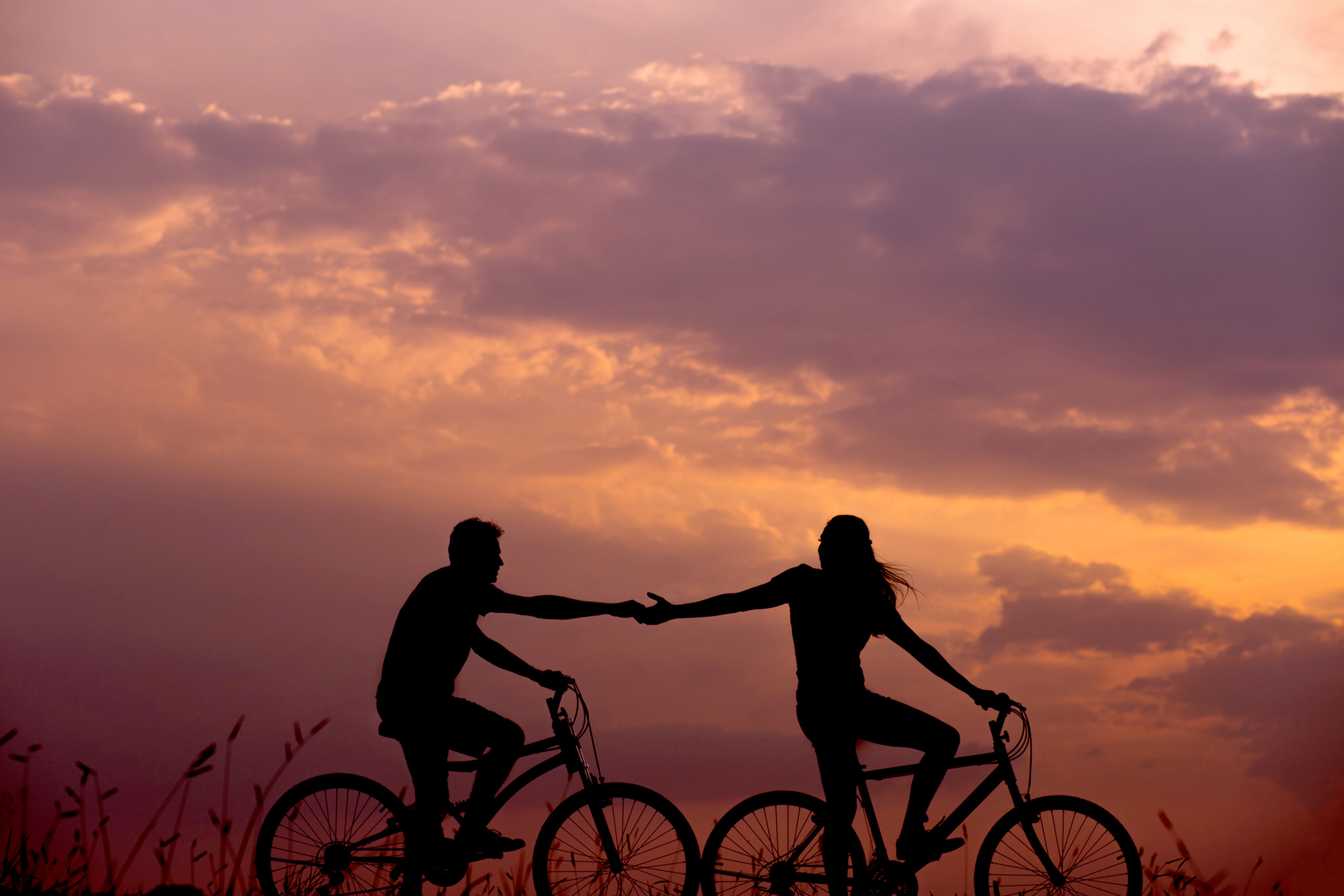
Bonus: We’re Not Really Strangers
Not sure where to start when it comes to breaking the ice and building a bond with your potential partner? Consider playing a round of We’re Not Really Strangers, a card game designed expressly to encourage vulnerability and to foster meaningful connections.
The game itself is simple – choose a card from the deck and read out the words printed on it – but the questions are quite another matter. Posing thought-provoking queries such as “What about me is hardest for you to understand?” and “What lesson took you the longest to unlearn?”, We’re Not Really Strangers digs deep beyond the surface of one’s persona, thus empowering us to understand others (and ourselves) better. It even comes with the disclaimer of “Warning: Feelings May Arise”.
Favoured by celebrities including Zendaya, Hailey Bieber, Noah Centineo, and Penn Badgley, the game arrives in various editions and expansion packs, from “Honest Dating” to “Self-Reflection” to “Quarantine”, so you’ll have no shortage of ways to spark a sincere emotional dialogue with your SO. Try it – if you dare.
